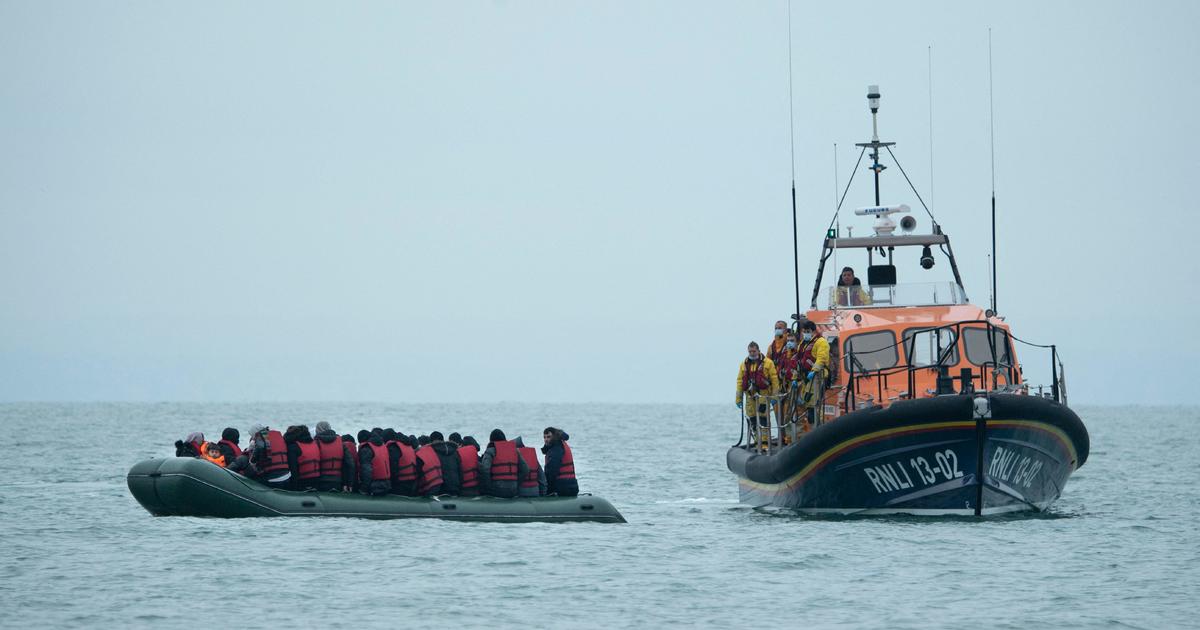
On February 19, 2024, a man named Ibrahima Bah was found guilty of manslaughter after four migrants drowned when the inflatable boat he piloted ran into difficulty in the English Channel. The court heard that Bah had claimed to have been forced by violent smugglers to make the journey with at least 43 other migrants, but jurors dismissed this claim and found him guilty of gross negligence manslaughter.



